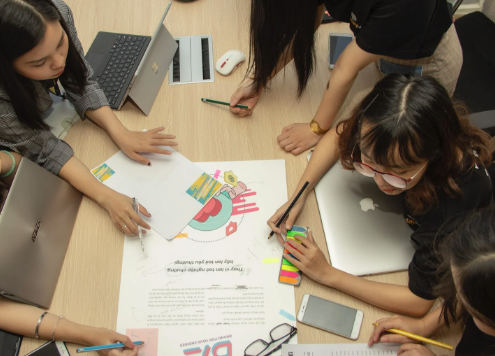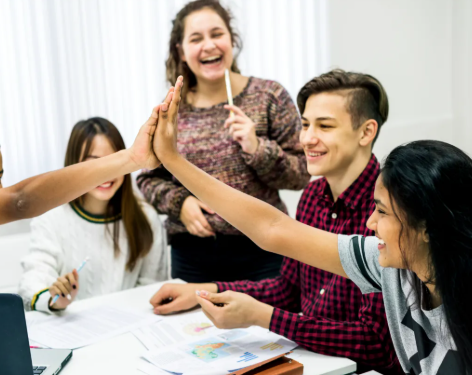Nontraditional learners—those who may be adult students, part-time attendees, career changers, or individuals returning to education after a break—often face unique challenges in their academic journey. Personalized learning offers a flexible, supportive approach that can meet these learners where they are and empower them to succeed on their own terms.
Understanding the Needs of Nontraditional Learners
Nontraditional learners typically balance multiple responsibilities such as work, family, or caregiving. Many also bring diverse life experiences and learning preferences to the classroom. Personalized learning addresses these factors by offering:
- Flexible scheduling and pacing
- Customized content aligned with personal goals
- Supportive resources for different learning styles and backgrounds
This approach allows learners to integrate education into their lives rather than having to fit their lives around rigid academic structures.
Creating Learner-Centered Pathways
In personalized learning, instruction adapts to individual goals, whether it’s gaining a credential, switching careers, or acquiring specific skills. Educators and institutions can support nontraditional learners by:
- Offering modular and stackable courses
- Allowing students to test out of material they already know
- Providing clear pathways to certificates, degrees, or industry credentials
These practices respect learners’ time and prior knowledge while maintaining academic rigor.
Leveraging Technology for Flexibility
Digital platforms are essential for delivering personalized learning to nontraditional students. Online learning management systems, mobile apps, and adaptive courseware allow learners to:
- Access lessons anytime, anywhere
- Review material as needed
- Track progress toward individual goals
These tools are especially valuable for learners who may not be able to attend in-person classes regularly.
Recognizing Prior Learning and Experience
Many nontraditional learners bring professional and personal experiences that can translate into academic credit. Personalized learning can include:
- Prior learning assessments (PLAs)
- Portfolio-based evaluations
- Competency-based education (CBE)
Acknowledging these experiences affirms the value of lifelong learning and helps accelerate academic progress.
Building Supportive Learning Environments
Personalized learning for nontraditional students goes beyond academics. Institutions can foster success by providing:
- Academic coaching and advising
- Career guidance
- Access to mental health and wellness resources
A supportive network increases retention and helps learners stay engaged, especially when juggling multiple life commitments.
Encouraging Self-Paced, Goal-Oriented Learning
Nontraditional students often value efficiency and relevance. Self-paced modules and goal-setting frameworks allow them to focus on what matters most. Personalized learning helps them track progress, reflect on achievements, and stay motivated.
Conclusion
Personalized learning offers a transformative approach for nontraditional learners by providing flexibility, relevance, and support. As more individuals seek education throughout life, adapting learning models to serve diverse needs becomes essential. With personalized strategies, institutions can empower every learner to succeed—regardless of when, where, or how they begin their journey.














